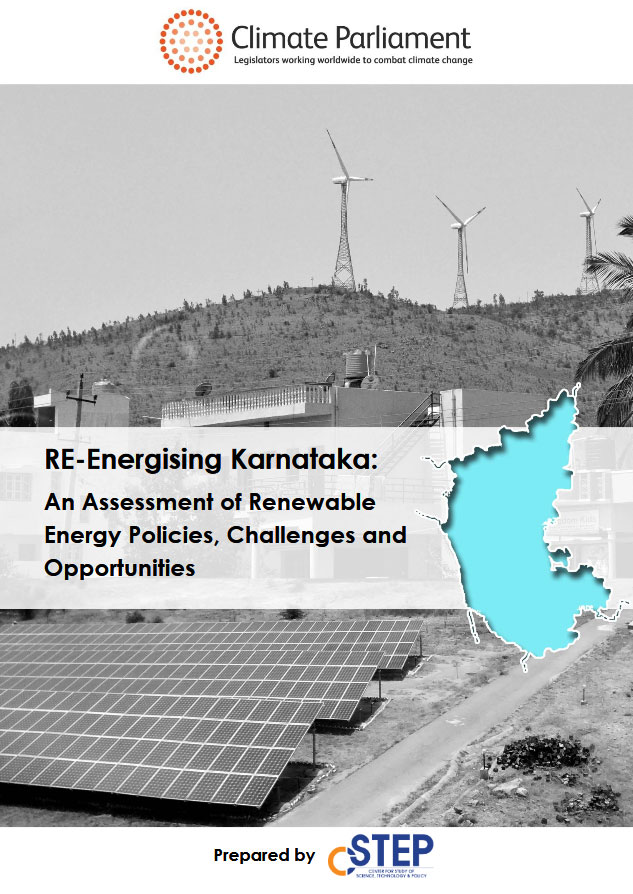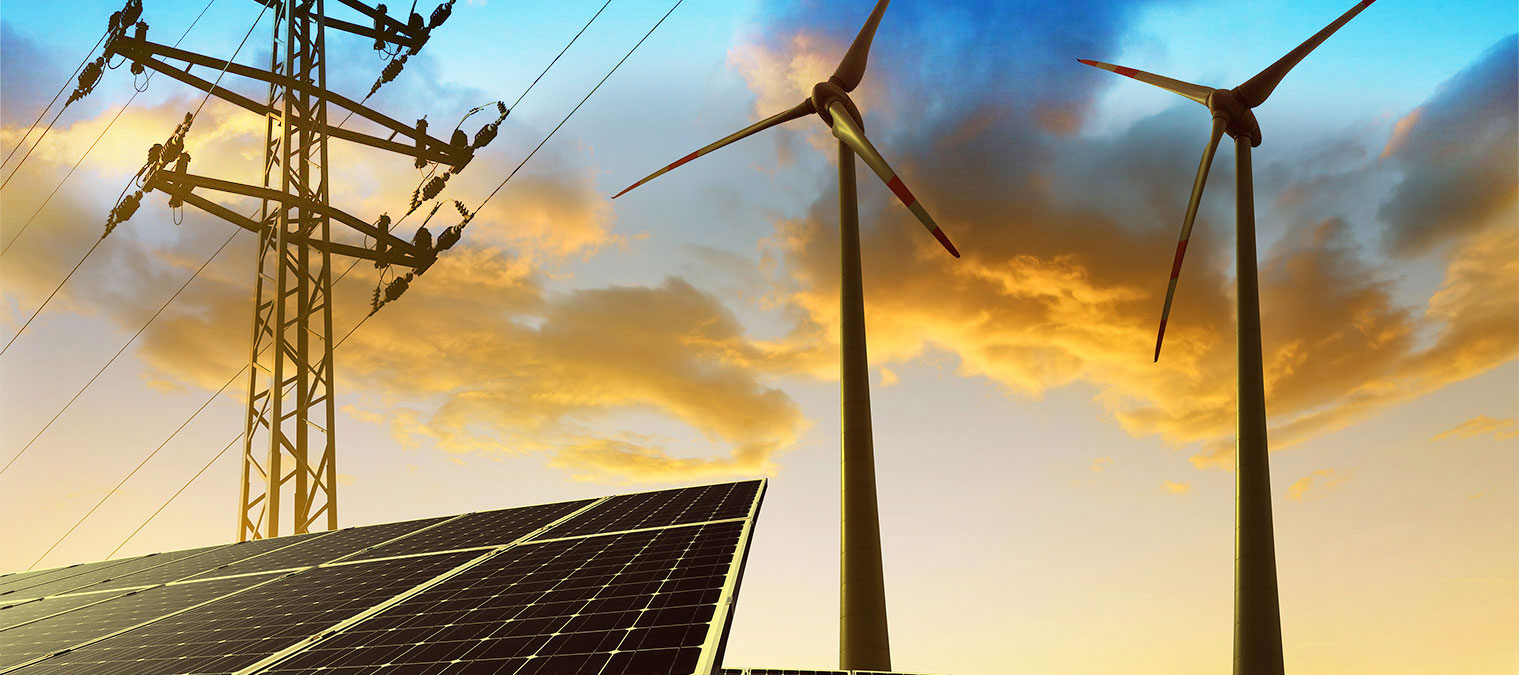In this context, the main objective of this study is to critically examine the state’s RE policy to find gaps and implementation challenges specific to Karnataka The primary audience of this study are the state legislators and policymakers The methodology involved detailed stakeholder consultation with RE developers, the state nodal agency, the state electricity regulator and other government agencies involved in rural electrification through questionnaires and interviews in order to identify specific measures to address existing barriers to the growth of RE in the state The study identified challenges and provided recommendations for three main sectors: utility-scale projects, rural RE technologies and alternate technologies with a low land footprint As this study found land availability to be the key barrier in the deployment of utility-scale ground-mounted projects, technologies with lower land requirements such as waste to energy, small-scale biomass, solar PV pumps and solar PV rooftop need to be given priority focus in the state

